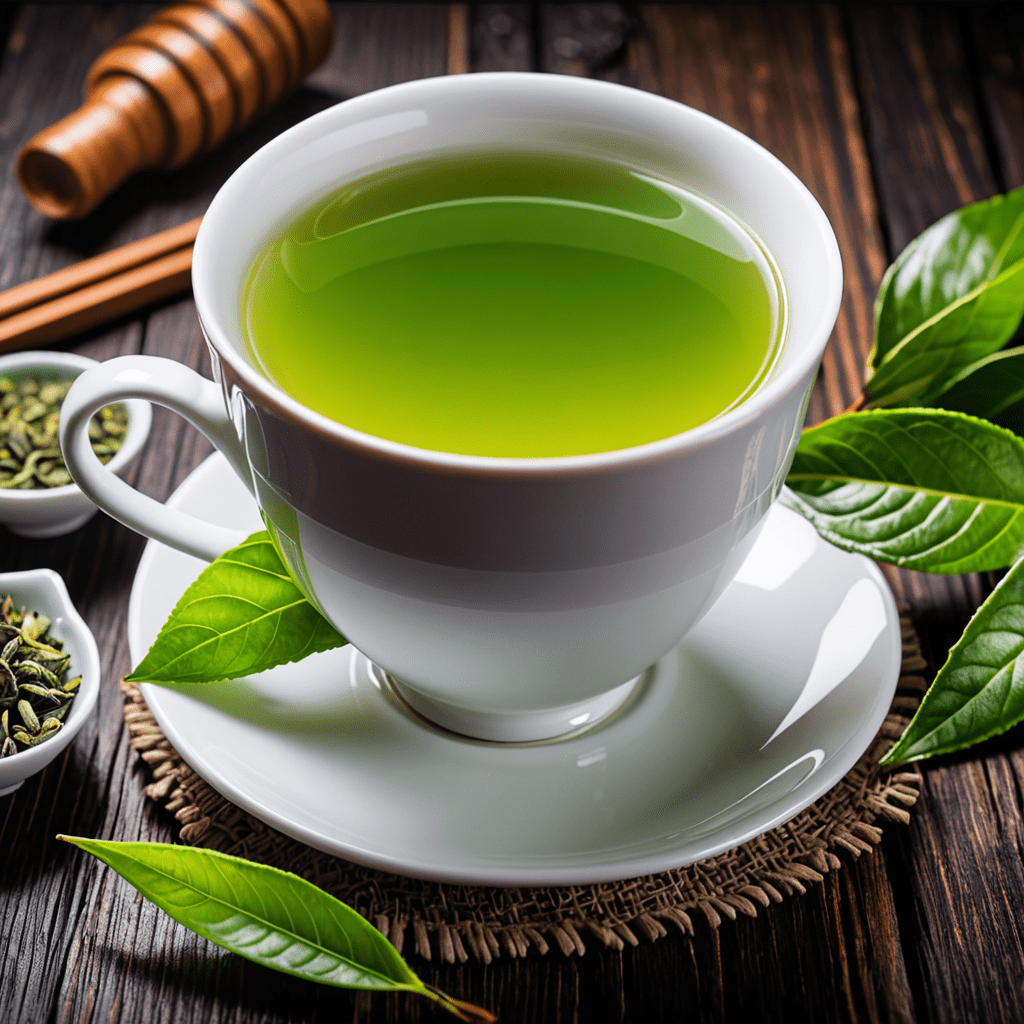
Unveiling the Truth: Can Green Tea Disrupt Your Fasting Journey?
When it comes to fasting, there are numerous debates about what can be consumed without breaking the fast. Green tea has garnered attention for its potential effects on fasting, leading to the question: Does green tea break a fast? Let’s delve into this matter and uncover the facts.
The Role of Green Tea in Fasting
Green tea is known for its rich antioxidants and various health benefits. It is often considered a fasting-friendly beverage due to its low calorie content and potential to assist in appetite suppression. Many proponents of intermittent fasting advocate for the consumption of green tea during fasting periods, believing it can support the process without significantly impacting the body’s fasting state.
Understanding Fasting and Its Impact
Fasting involves abstaining from consuming food and, in some cases, caloric beverages for a specific period. The primary goal of fasting is to induce metabolic changes that can have positive effects on various bodily functions, such as insulin sensitivity, cellular repair, and weight management.
The Science Behind Green Tea and Fasting
Research suggests that green tea contains compounds, such as catechins and caffeine, that may influence metabolism and fat oxidation. These components could potentially complement the objectives of fasting by enhancing fat breakdown and energy expenditure. Additionally, the minimal calorie content of green tea makes it a popular choice during fasting, as it is unlikely to spike insulin levels significantly.
Expert Insights on Green Tea and Fasting
Qualified nutritionists and healthcare professionals often emphasize the potential benefits of incorporating green tea into a fasting regimen. While individual responses to green tea consumption during fasting can vary, many experts believe that its physiological effects are unlikely to disrupt the fasting process substantially.
Final Verdict: Can Green Tea Break a Fast?
Based on available evidence and expert opinions, moderate consumption of unsweetened green tea is generally considered compatible with fasting. Its minimal calorie content and potential metabolic benefits make it a feasible beverage choice during fasting periods. However, it’s essential to be mindful of any personal reactions or sensitivities to green tea and adjust consumption accordingly.
FAQ
Q: Can adding sweeteners or milk to green tea affect fasting?
A: Yes, adding sweeteners or milk to green tea can introduce calories and alter the fasting state. To maintain the integrity of fasting, it’s advisable to consume green tea in its pure, unsweetened form.
Q: How much green tea is recommended during fasting?
A: Opting for 1-2 cups of green tea per day during fasting periods is a commonly recommended practice. However, individual tolerance and response to green tea may vary, so adjustments should be made based on personal preferences and bodily reactions.
Q: Are there specific types of green tea more suitable for fasting?
A: While various types of green tea are available, selecting high-quality, pure green tea without added flavors or sweeteners is ideal for fasting purposes. Authentic green tea leaves or minimally processed green tea products are preferred choices for fasting regimens.
Q: Can green tea consumption interfere with the spiritual aspects of fasting?
A: Fasting holds cultural, religious, and spiritual significance for many individuals. Green tea consumption during fasting should be approached with consideration for these aspects, and it’s essential to adhere to personal beliefs and practices regarding the consumption of beverages during fasting periods.
Q: Are there any adverse effects of consuming green tea during fasting?
A: While green tea is generally well-tolerated, some individuals may experience sensitivity to its caffeine content or other components. Monitoring for any adverse reactions and consulting with a healthcare professional is advisable, especially for those with pre-existing medical conditions or unique dietary requirements.


